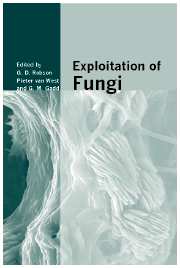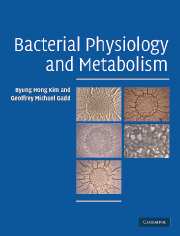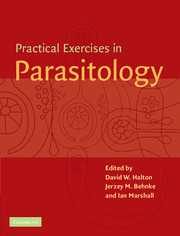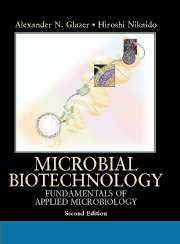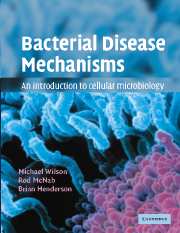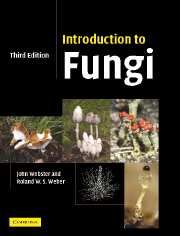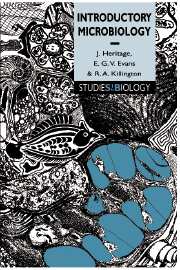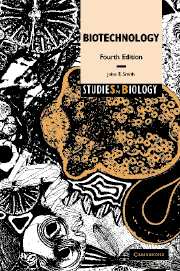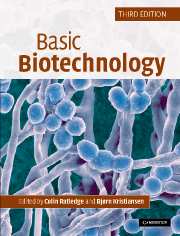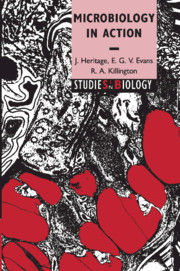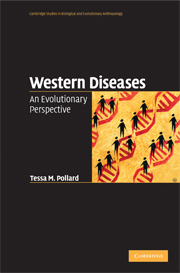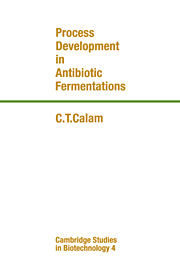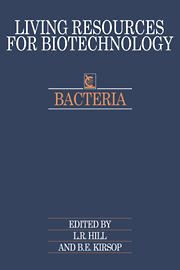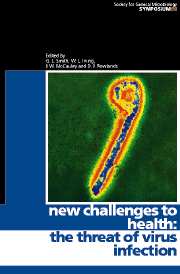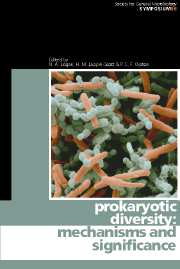The ability of parasites to cause disease has always been an important reason to study them, and the teaching of parasitology has almost always been stimulated by conditions conducive to disease, such as war or climate change. Currently, zoonotic diseases emerging from altered ecosystems, or carried by arthropod vectors spreading their ranges due to climate changes, supply that stimulation. However, most of us who teach, or have taught, parasitology have chosen that topic because of the fascinating life cycles of many parasites and their complex interactions with their hosts. Much of that fascination stemmed from learning how parasites can affect the population dynamics of their hosts, or the behavior of the hosts, or even the evolution of their hosts. In addition, that fascination was based on how much parasites could tell us about the life of their hosts, such as their diet, travels, or evolution. Or even of the earth itself – some of the earliest evidence for continental drift was the similarity in parasites of amphibians in Africa and South America. Examples of all of these influences are provided in this book.
Many of the systems that parasitologists have used to show these fascinating features have become relatively easy to study due to new techniques, such as those in genomics and proteomics, which have provided new and more powerful ways to study systematics, evolution, and host–parasite relationships. This has attracted the attention of biologists with a wide variety of backgrounds, so that much of the very interesting work done on host–parasite systems recently has been done by those trained in other specialties, such as ecology, behavior, neurophysiology, and evolutionary biology. Very few of the students in senior-level parasitology courses will go on for further study in parasitology, but many more will go on for further study in other biological specialties. Our courses, books, readings, and other materials used in our classes should be chosen to expose those students to the usefulness of parasites in investigations in their chosen fields.
